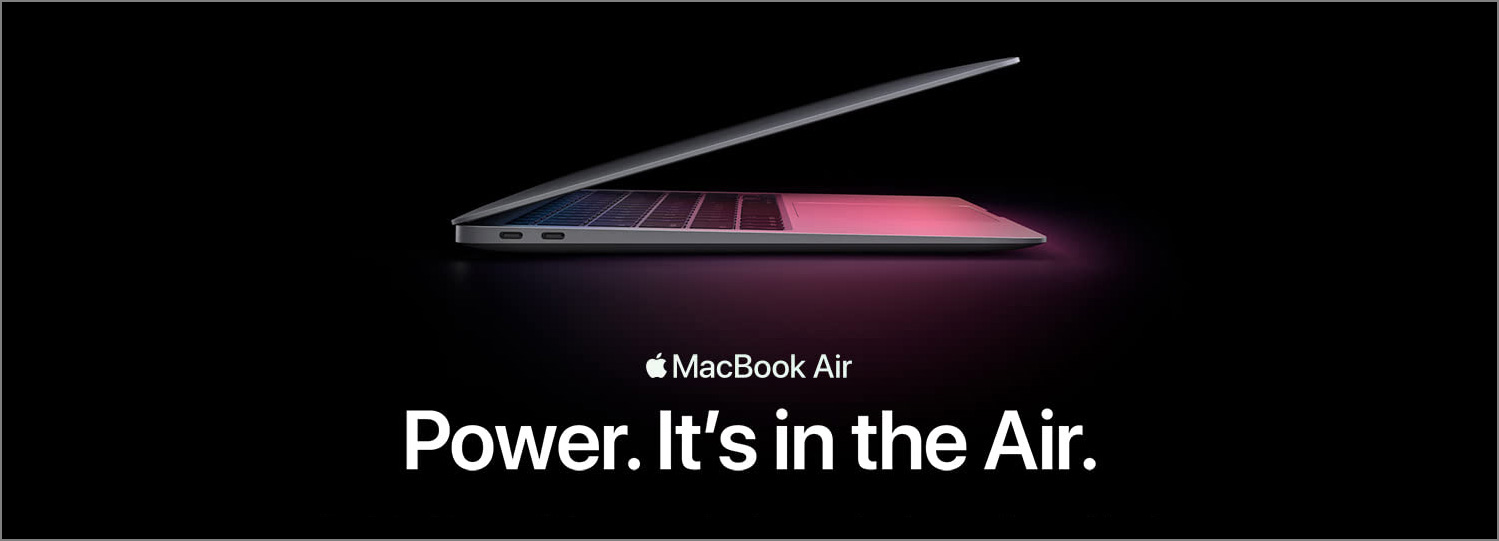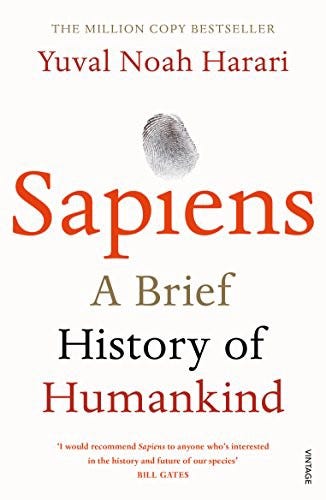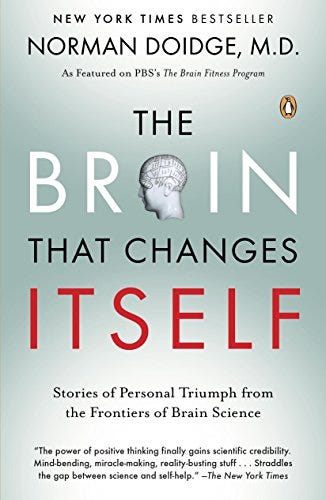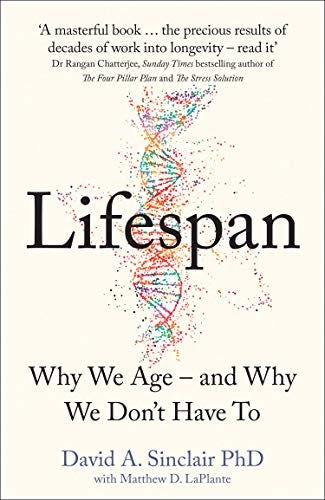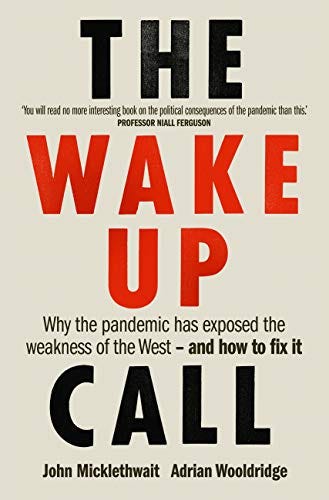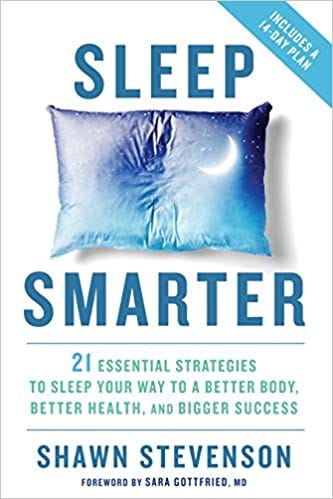I like reading books. A good book calms me down, opens my mind, and makes me feel enlightened when I finish its last chapter. Here are some of the amazing books that I read this year and I’d like to share them with you.
Sapiens: A Brief History of Humankind
Only a scholar with a wide range of knowledge is able to condense the entire history of homo sapiens, which is humankind, into such a great read. This book is well-written and engaging. I learned so much more about history, biology, economics, and philosophy from this book.
I learned about the Neanderthal — a human specie that have been extinct, the inevitability of agricultural revolution, how the conversion of energy started the industry revolution, how capitalism is defined by the reinvestment of profit, how credit fueled the growth of modern economy, how the state and market in modern societies replaced the many roles family and community used to play in our life.
I reflected on the mindset of being rational and how acknowledging ignorance helped Europeans discover new lands and create their empires. I felt sad when learning how the native people and their cultures in Tasmania were wiped out, how the Aztec empire disappeared, and how the industrial revolution has impacted the lives and fates of so many animals. I was awed and scared at the power of genetic engineering that allowed scientists to grow an ear-shaped structure from cow cells at the back of a mouse.
By showing us how we got to where we are today, the book draws our attention to the many issues we’ve become indifferent about, and calls for deep reflections on our power and the ways to create a better future.
The E-Myth Revisited: Why Most Small Businesses Don’t Work and What to Do About It
Read this book before you start your own business.
Many people suffer from “the entrepreneur seizure”: they are good at what they do and want to escape their 9-to-5, so they start their own business and end up overwhelming themselves, failing and feeling miserable.
Simply being good at something doesn’t automatically make us competent business owners. Building a successful small business requires not just the skills of a technician, but also the mentality of a manager, who takes care of the past, and the mindset of an entrepreneur, who has a vision for the future.
The book illustrates a better way to build a small business through the journey of two brothers. They start with getting clear on their primary aim and strategic objective. They then create the organization chart, sign the position contracts, write the operations manual based on their actual experiences of being in those positions, and hired the right people into those positions to do the work. The organization chart defines the roles their business needs. The operations manual describes what each person in each role will do and how to do it.
By following this approach, instead of setting ourselves up for burn-outs and failures, we are building a system where everything is clearly defined and organized, and the same customer experience can be precisely reproduced over and over for each and every customer, just like the experience delivered by the McDonald’s.
The Brain That Changes Itself: Stories of Personal Triumph from the Frontiers of Brain Science
Our brain is plastic: it reorganizes neurons and dynamically allocates its resources constantly.
The book shows us the power of neuroplasticity through fascinating real-life stories. A patient who suffered from infection in the ears regained her balance through stimulation of her tongue. A paralyzed old man started to walk again after a severe stroke by first practicing crawling on the ground. A doctor cured the pain in the phantom arm for those amputated by resetting their brains through a mirror. The fact that some people are able to derive pleasure from pain in sadomasochistic acts, is in fact, related to the wiring of the brain.
Because of neuroplasticity, the more we practice a skill or a task, the better at it we become. It’s the scientific foundation of the growth mindset.
Lifespan: Why We Age — and Why We Don’t Have To
Dr. David Sinclair is a renowned scientist on aging. He debunks the myth of aging in this book, and provides science-based methods on combating aging.
Aging is a disease, and yet not many people realize this. The book defines it as the loss of our epigenetic information, just like the scratches on the surface of a DVD.
Aging makes us vulnerable to a host of other diseases such as cancer, and the best way to combat these diseases is to prevent aging. Our body actually has built-in mechanisms at the cellular level to repair the damages of our epigenomes, which can be triggered through consuming NMN(Nicotinamide mononucleotide) or resveratrol, or practicing intermittent fasting.
This book is a fascinating read. It outlines a future where people can receive jabs in their 40s to reclaim their youth, and people in their 80s are no longer considered old.
We are often expected by our family and the society to start working in our 20s, get married by our 30s, and retire in our 60s. If we are able to defy aging in the future, which I believe could come faster than we think, then we shouldn’t be so shortsighted. Maybe it’s time for us to start letting go of some of those ingrained ideas, and start thinking more broadly and deeply about how to live our lives in a more fulfilling manner, because nothing really is impossible.
That Will Never Work: The Birth of Netflix
The book documents the journey that Marc Randolph went through from before the birth of Netflix to its IPO. It’s a great read for product designers/managers and entrepreneurs.
My biggest takeaway from the book is the importance of testing ideas and doing so in a minimal way. Just like Marc says, we don’t know an idea works or not until we collide it with reality. Thus, assuming ignorance, assuming all ideas are bad to begin with, is the best antidote to other people’s reactions to your idea.
I’ve written a more detailed review of this book before, which can be found here.
The Wake-Up Call: Why the pandemic has exposed the weakness of the West — and how to fix it
My mindset changed a lot after spending 6 years in Hong Kong and 1 year in the U.S. studying in various universities. I learned to appreciate the different way of thinking and working. So when China/Asia was able to handle the pandemic well and the west failed to do so, I was confused. I picked up this book and I wanted to understand this a little better.
The book calls out the weak public sector in the west that fails to attract and retain talents, and contrasts it with the private sector and its counterparts in Asia, such as Singapore, where the government sponsors the education of the poor but talented students as long as they are willing to work in the government after graduation from university for a period of time.
Sleep Smarter: 21 Essential Strategies to Sleep Your Way to A Better Body, Better Health, and Bigger Success
Sleeping well is so important to our health, mood and productivity. This book explains the mechanism of sleep inside our body, and how sleep is regulated through hormones such as melatonin and cortisol. More importantly, it provides us with many practical ways to improve our sleep, such as resetting our circadian rhythm by exposing our eyes to sunlights in the morning, lowering the room temperature when we sleep, replenishing our body with minerals such as zinc and magnesium, and using a grounding/earthing mat etc.
Looking for more book recommendations? Check out some of the books I read in 2020.

